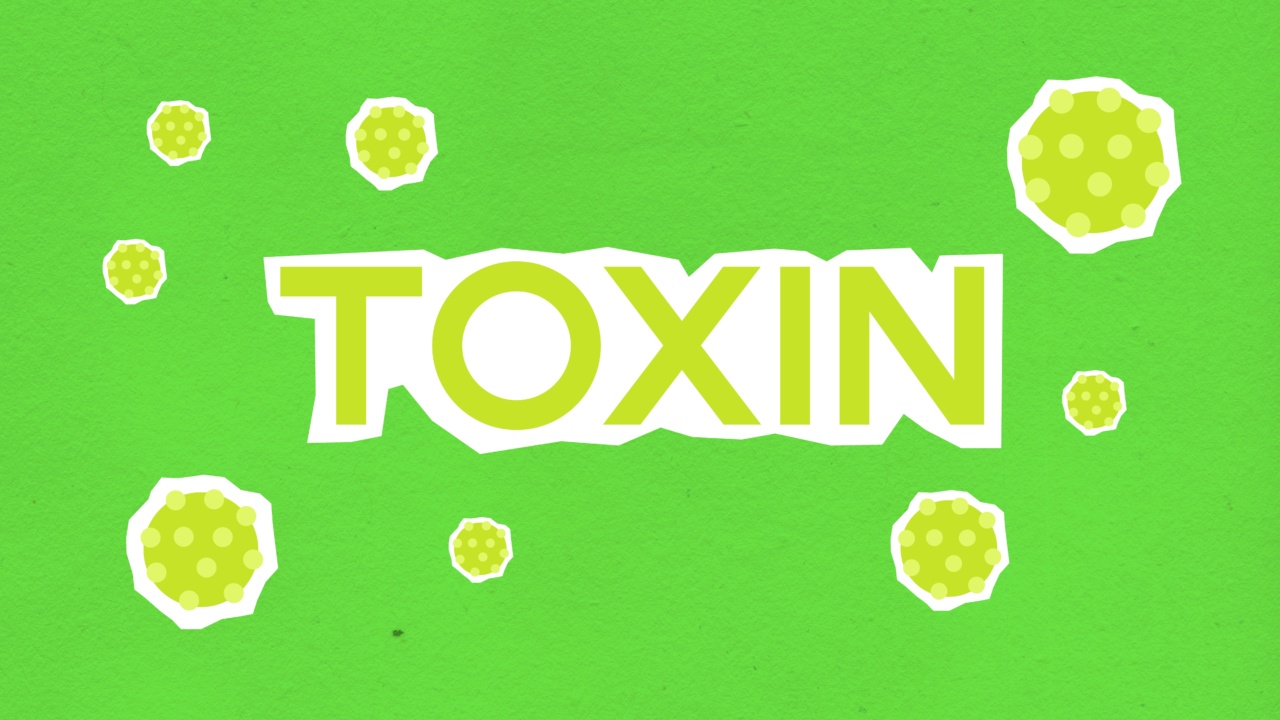Hip fractures are a major concern for the elderly population, often leading to long-term disability and decreased quality of life.
Research studies have shown that certain vitamins, namely Vitamin D and Calcium, play a crucial role in preventing hip fractures. However, recent studies have also explored the impact of other vitamins on hip fracture risk.
Vitamin D and Hip Fracture Risk
Vitamin D plays a critical role in bone health by aiding in the absorption of Calcium and promoting bone mineralization. Low levels of Vitamin D have been linked to an increased risk of hip fractures in older adults.
Studies have shown that Vitamin D supplementation can reduce the risk of hip fractures by as much as 30-50%. It’s recommended that individuals over the age of 65 supplement with at least 800-1000 IU of Vitamin D daily.
Calcium and Hip Fracture Risk
Calcium is another key nutrient for bone health. It helps to build and maintain strong bones, and a deficiency can increase the risk of fractures.
Research studies have shown that Calcium supplementation alone may not be sufficient in reducing hip fracture risk. However, when combined with Vitamin D supplementation, the risk of hip fractures decreased significantly. It’s recommended that individuals over the age of 65 supplement with at least 1200 mg of Calcium daily.
Vitamin K and Hip Fracture Risk
Vitamin K is a fat-soluble vitamin that plays a role in blood clotting and bone metabolism. Recent studies have shown that low levels of Vitamin K are associated with an increased risk of hip fractures.
It’s believed that Vitamin K helps to promote bone health by regulating the production of osteocalcin, a protein essential for bone formation. Research studies have shown that Vitamin K supplementation can reduce the risk of hip fractures by up to 65%. It’s recommended that individuals supplement with at least 90 mcg of Vitamin K daily.
Vitamin B and Hip Fracture Risk
Vitamin B is a group of water-soluble vitamins that are essential for various bodily functions, including energy metabolism and nervous system function.
Some recent studies have shown that certain B vitamins, namely B12 and B6, may play a role in reducing hip fracture risk. Vitamin B12 helps to promote bone health by aiding in the production of collagen, a protein essential for bone strength. Vitamin B6 aids in the absorption of Calcium and helps to reduce homocysteine levels, which are known to weaken bones.
It’s recommended that individuals over the age of 65 supplement with at least 2.4 mcg of Vitamin B12 and 1.5 mg of Vitamin B6 daily.
Vitamin C and Hip Fracture Risk
Vitamin C is an antioxidant vitamin that plays a role in collagen production, wound healing, and immune function. Recent studies have investigated the impact of Vitamin C on hip fracture risk, with mixed results.
While some studies have shown that low levels of Vitamin C are associated with an increased risk of hip fractures, others have found no significant correlation. However, it’s important to note that adequate Vitamin C intake is still essential for overall health and should be included in a balanced diet.
Vitamin E and Hip Fracture Risk
Vitamin E is a fat-soluble vitamin that plays a role in immune function and acts as an antioxidant.
Some research studies have shown that low levels of Vitamin E are associated with an increased risk of hip fractures, while others have found no significant correlation. It’s recommended that individuals over the age of 65 supplement with at least 15 mg of Vitamin E daily.
Multivitamins and Hip Fracture Risk
While individual vitamins have been shown to impact hip fracture risk, some studies have investigated the impact of multivitamin supplementation on hip fracture risk.
One study found that older women who took a daily multivitamin had a 12% reduction in hip fracture risk. However, it’s important to note that multivitamin supplements should not replace a balanced diet and should only be used as a supplement.
Lifestyle Factors and Hip Fracture Risk
While vitamins play a crucial role in preventing hip fractures, other lifestyle factors also play a role. Regular exercise, especially weight-bearing exercises, has been shown to improve bone density and reduce hip fracture risk.
A balanced diet rich in Calcium, Vitamin D, and other essential nutrients is also important for overall bone health. Additionally, avoiding smoking and excessive alcohol consumption can reduce the risk of hip fractures.
Conclusion
Hip fractures pose a serious health concern for the elderly population, often leading to long-term disability and decreased quality of life.
Research studies have shown that certain vitamins, namely Vitamin D, Calcium, Vitamin K, and certain B vitamins, play a crucial role in preventing hip fractures. While multivitamin supplementation may offer some benefits, it should not replace a balanced diet rich in essential nutrients.
Additionally, lifestyle factors such as regular exercise, a balanced diet, and avoiding smoking and excessive alcohol consumption can help to reduce the risk of hip fractures.





























